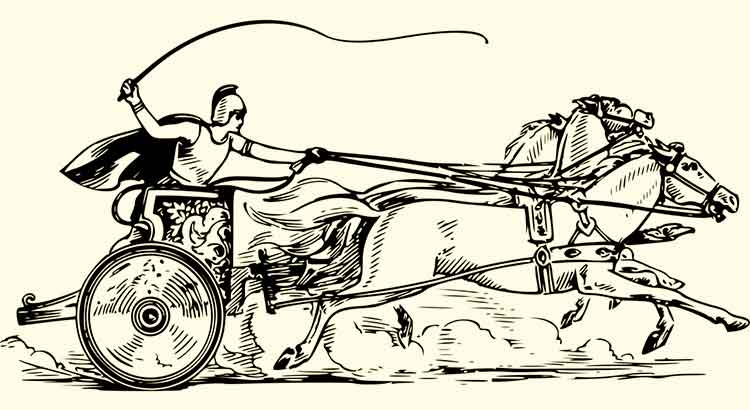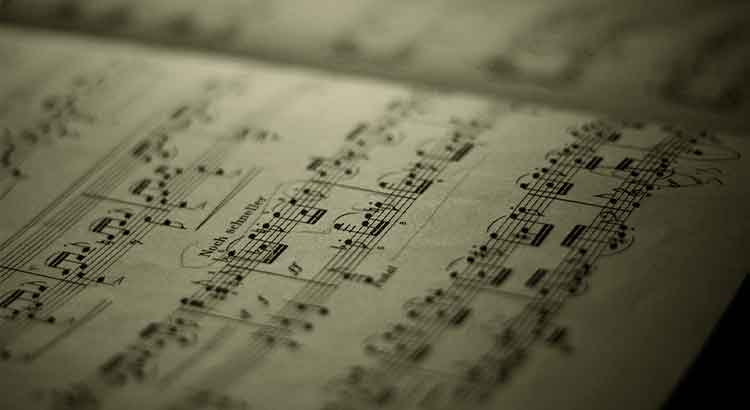Extremely useful exercise: force the brain, whip it. I say and imagine myself in front of the original Latinos. At first, the sensation of useless effort; then persistence, obsession: and words, forced, fill themselves with meaning. The technique is not new, much less original; useful from strange languages to texts of abstract essence. The brain seems to reward insistence, to work on the basis of punches, coercion. And if, in its vertiginous flow of ideas, it can often get in our way, when bound, compelled, it works tastefully on our behalf.
____________
Read more:



